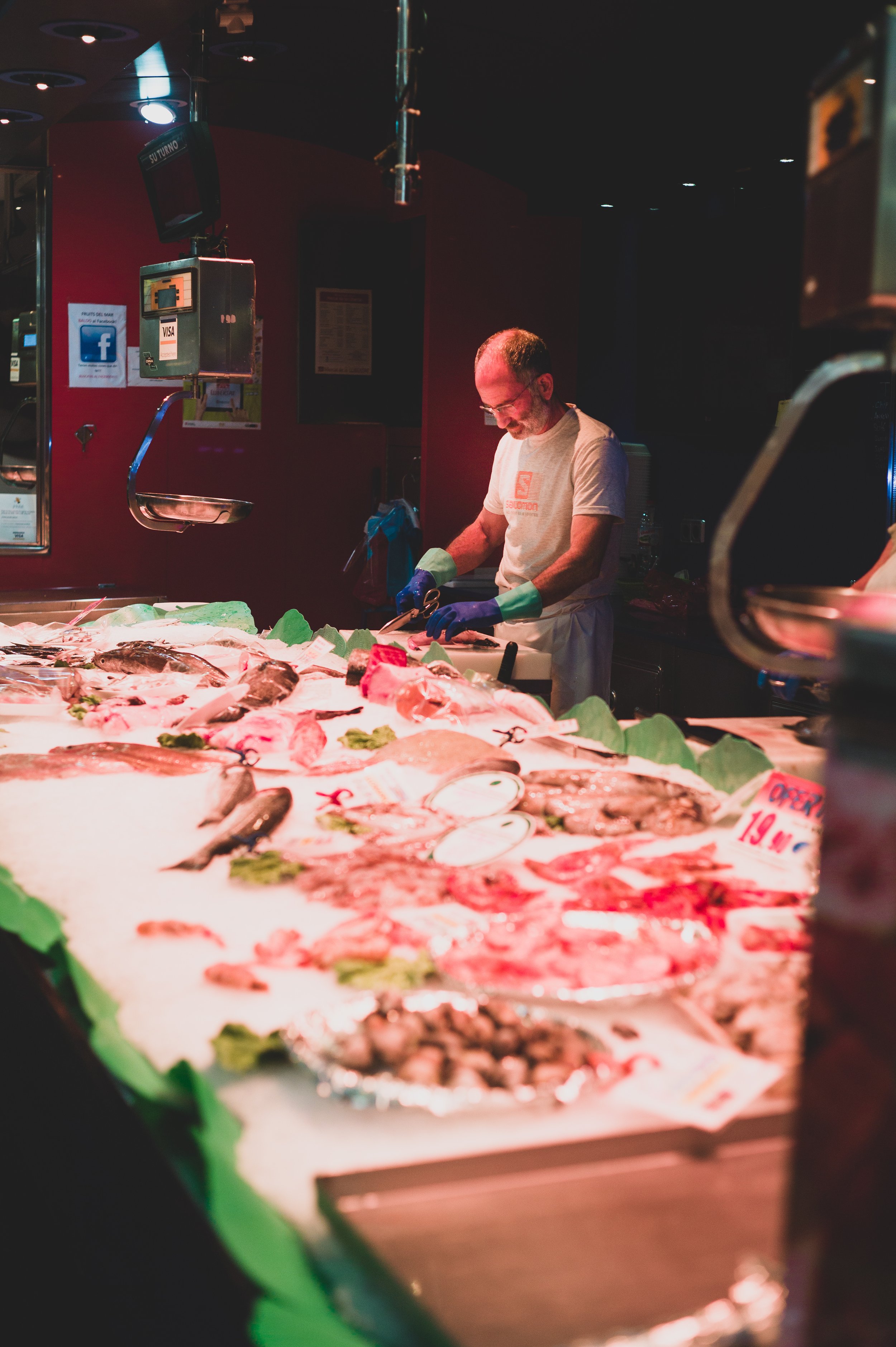A Retrospective: The most important part of retail.
I've been thinking a lot about retail recently. Mainly because the landscape is changing and many of my closest friends and family are heavily invested in the sector. I spent my formative years building retail stores and continue to help brands grow through design and innovation. I love wandering through a well-curated store, looking for things I probably don't need. But it seems to me that there is a disconnect between the expectation of consumers and the reality of the shopping experience in physical stores.
Let's break this down.
Shopping used to consist of planning a day driving into a CBD, finding parking, and lugging yourself around the main street with bags (and sometimes screaming children). But now, shopping can be done with a swipe of the thumb from anywhere your connection allows.
So it got me thinking. Why do we need physical shops?
Retail stores were invented to give shoppers a convenient way to purchase goods. These physical locations gave people access to items that weren't available in their local area and allowed customers to make informed decisions about products before committing to a purchase. In the past, retail stores also served as an important hub for communities, providing places for people to congregate and socialise. Normally, these shops were hosted by an expert. From a dressmaker to a chef, they were there to help you through real-world experience and a keen eye and interest in their area of expertise.
We all know, shopping falls into 2 categories - needs and wants.
Needs are those items that we must have for survival. Food, water, shelter, and clothing would be considered the basics of this list. These products typically require physical stores in order to acquire them because they need to be seen, touched and experienced before buying.
Wants are those things that we desire but don't need for survival. Luxury items, jewellery, fashion items and the like are considered wants - because they can easily be purchased online. Typically a want is fueling your ego. I buy surfboards because it makes me feel good - not because I need another board or it'll make me a better surfer. It's just for the short-lived feeling of content after spending hours researching and chatting with my local board dealer.
This is an important distinction to know if you are in retail. If you are selling a need - then it needs to be easy. No one finds joy in wandering around a supermarket trying to find something. If you're selling a want, it needs to be fun.
So as a retailer, why would we still need physical stores? Well, it comes down to 3 main points:
1) Experience: Physical stores provide people with a tangible experience. This is particularly important for luxury goods, as customers need a physical location to truly understand what they are buying and not be fooled by clever editing or lighting.
If you're selling a need, the experience needs to eliminate stress.
If you're selling a want, it needs to entertain and make the customer feel loved and entertained.
2) Customer Service: The ability to interact with an expert and get their opinion on a product cannot be replicated online - the personal touch of customer service helps build relationships and trust. It also adds a sense of belonging.
If you're selling a need, the service needs to add value to the ease of shopping.
If you're selling a want, it needs to inform and add value without being pushy.
3) Community: As previously mentioned, retail stores can serve as important hubs for local communities. They are places to socialise and form relationships with other customers and staff.
If you're selling a need, you need to help your customers feel remembered and appreciated.
Selling a want? Then you need to contribute to the community (or create your own).
But there's also another element. When shoppers hit their local main streets, the economic spending doesn't stop at the retail store - it flows over to hospitality. You go into town looking for something; you buy a coffee from the cafe - the cafe employs a young 15-year-old who is saving for a car, who then learns how to interact with industry and customer, who buys a car to their first weekend away with friends to a neighbouring town. They then buy a coffee of another 15-year-old, saving for something. This keeps CBDs full, rates being paid, tourism building, new infrastructure, and investment being made within the area.
The cycle continues. In this way, innovative physical retail stores become hubs for the local economy, with each purchase providing a boost to the surrounding businesses. This economic impact is often overlooked, but it can be incredibly powerful and result in long-term benefits for the community.
So what needs to be the focus in retail and hospitality?
Experience.
Experiential retail focuses on the customer experience, creating a unique and memorable shopping journey. This could be achieved through creating an atmosphere that enhances the buying process, having knowledgeable staff to give tailored advice, or offering activities that help customers engage with products. It sounds silly, but its what is being lost on our main streets.
But the real power is where a whole main street or collection of shops doing the same thing. When stores strive for excellence in their chosen area, the effects magnify each other and attract more people.
Ultimately, experiential retail is about creating an immersive and engaging experience that keeps customers coming back for more. It's about understanding the customer journey and building relationships with customers - so they feel valued and have a positive shopping experience every time.
So what are you doing to elevate your community?

